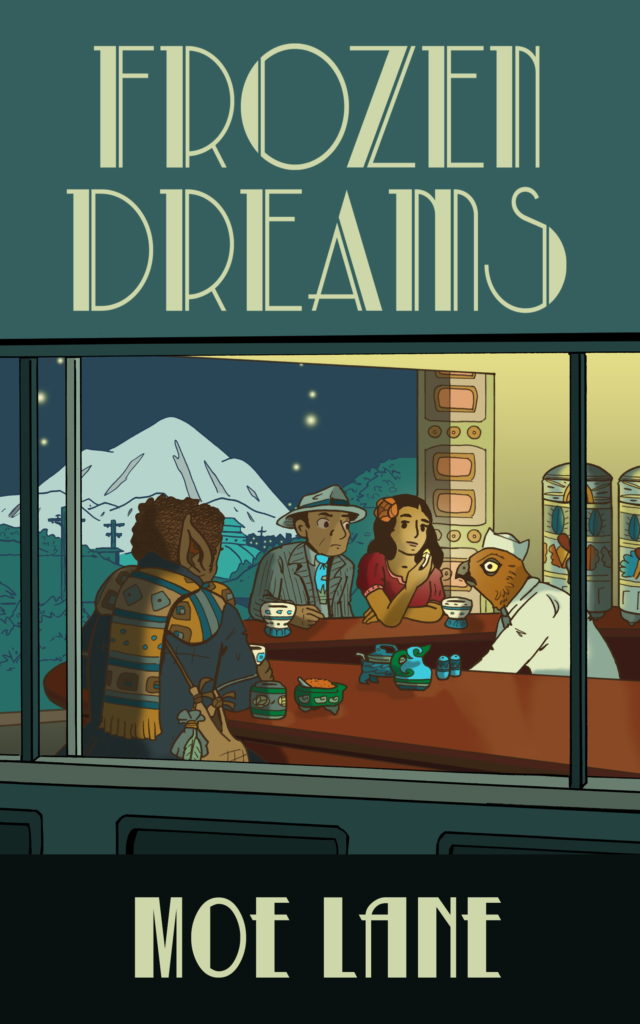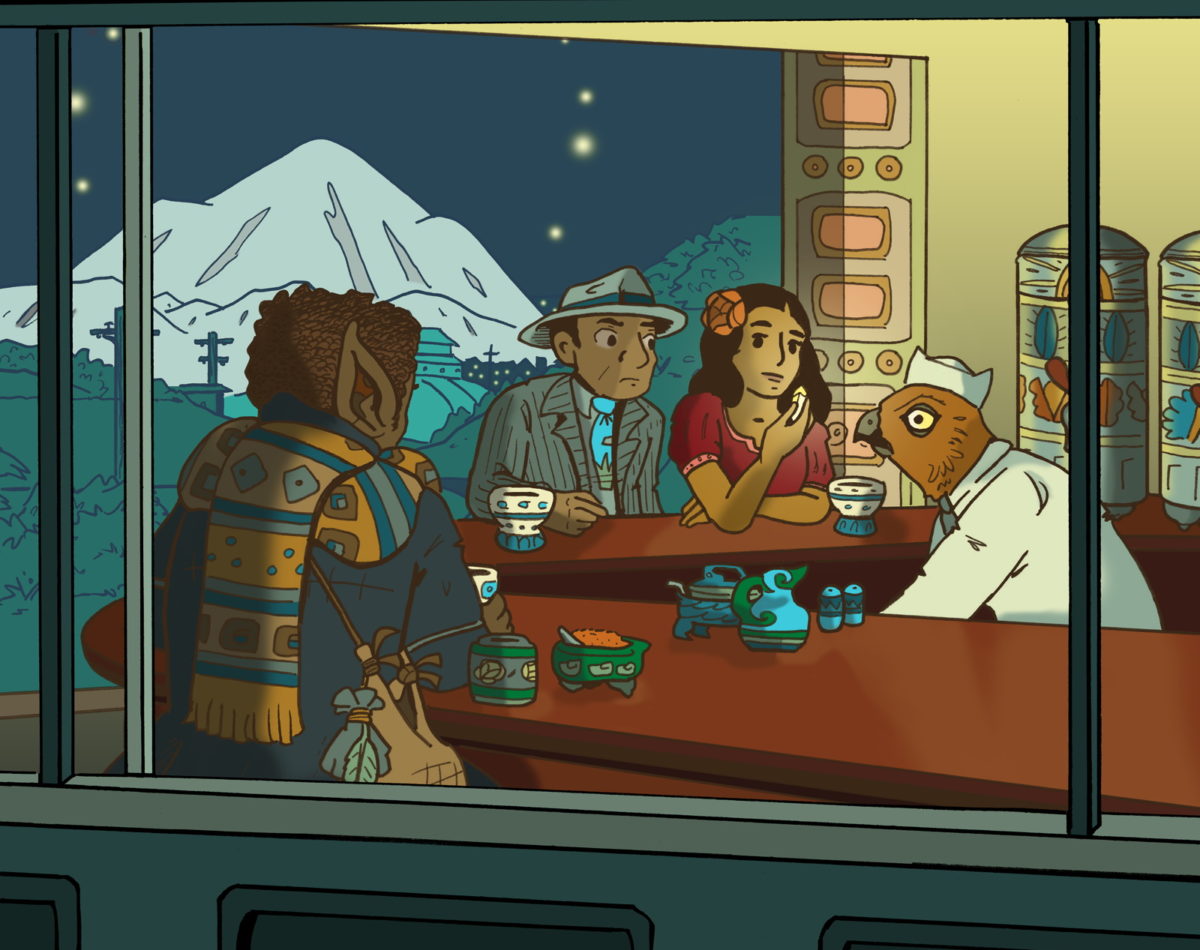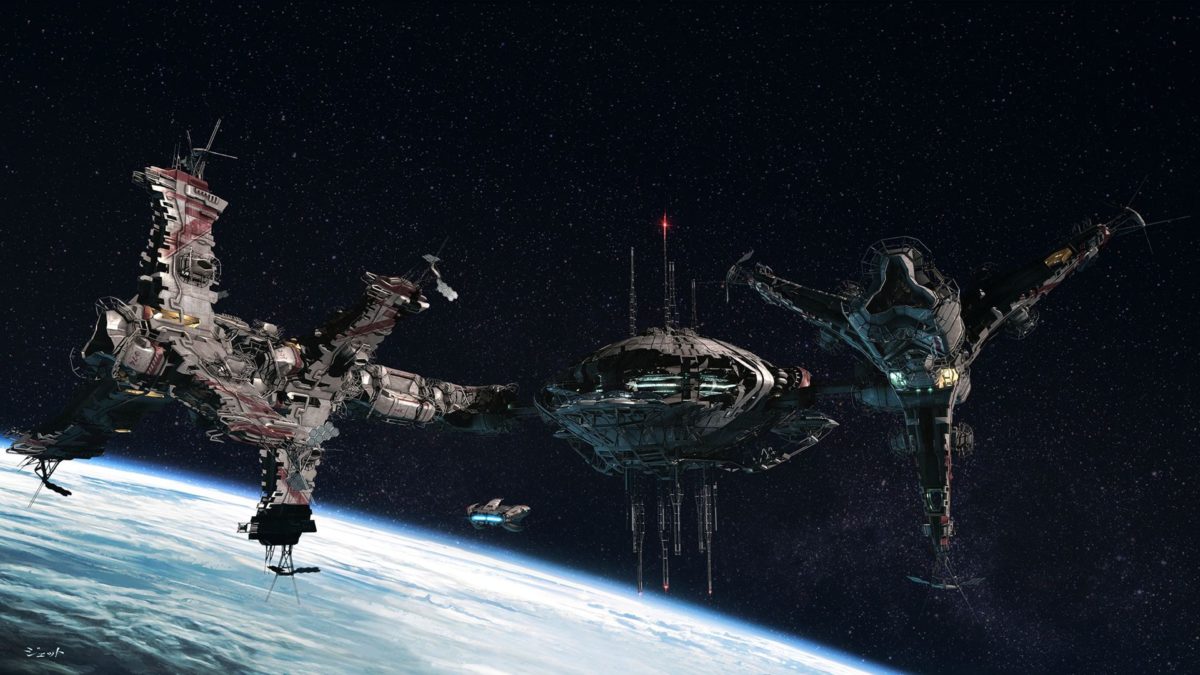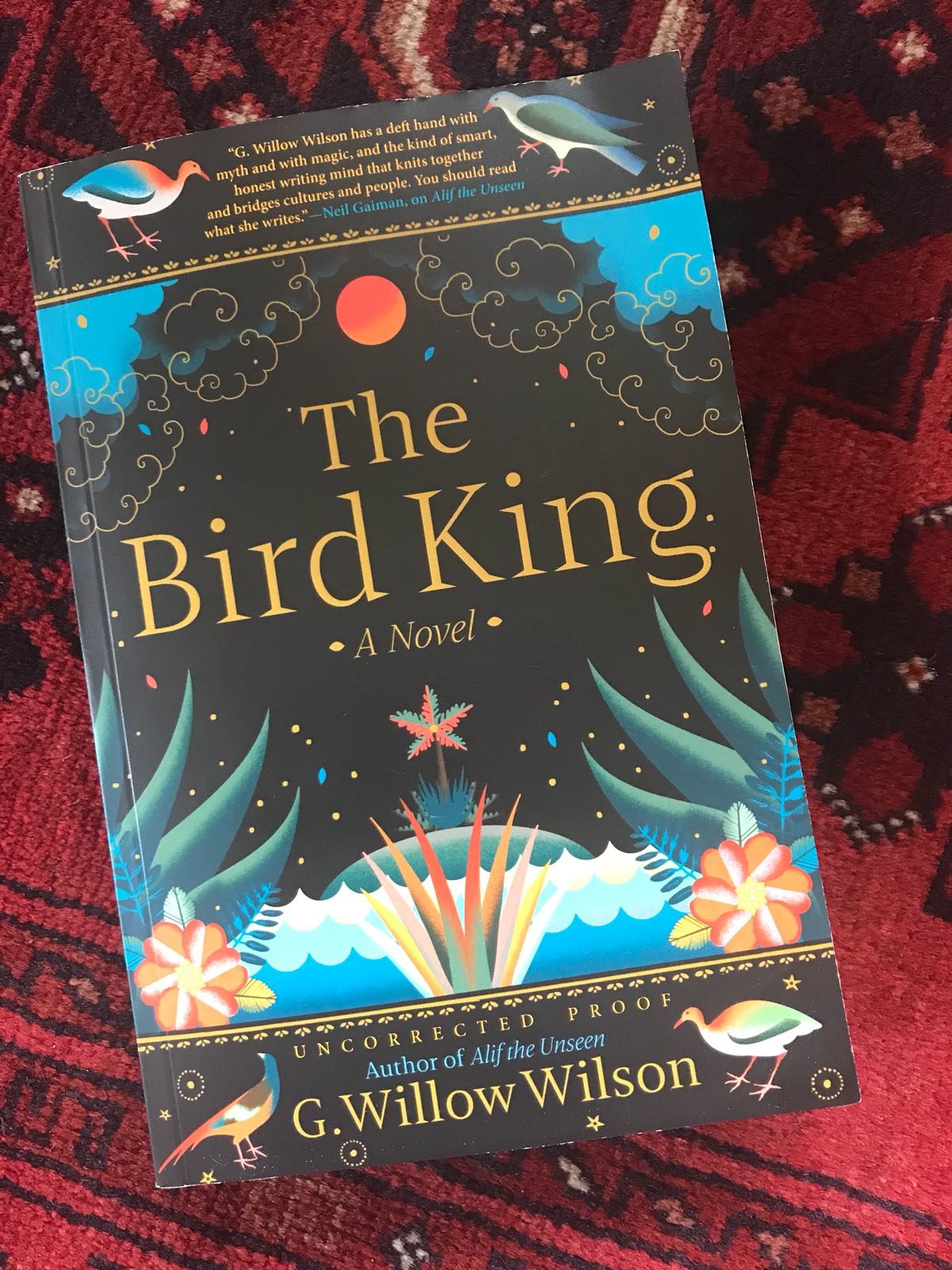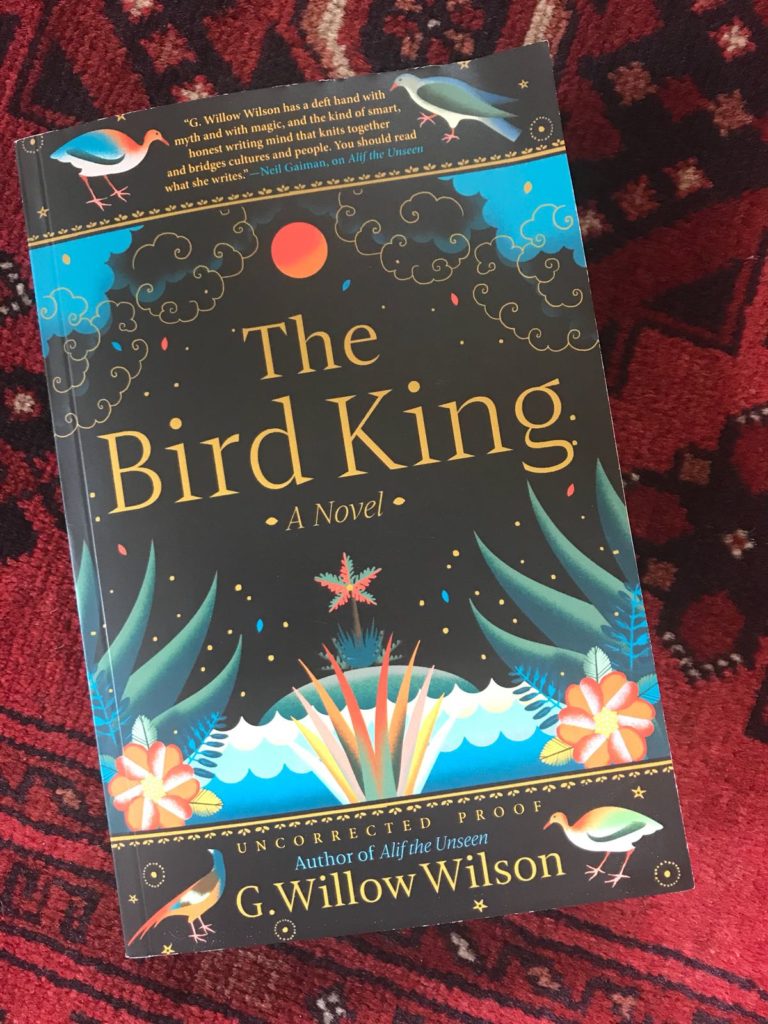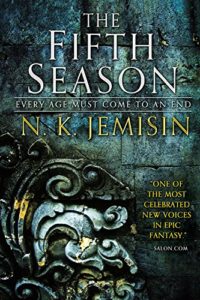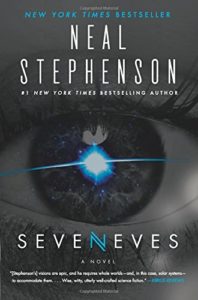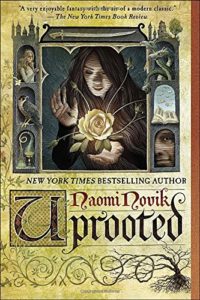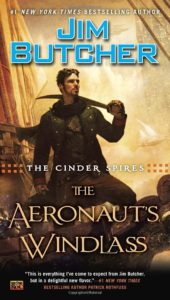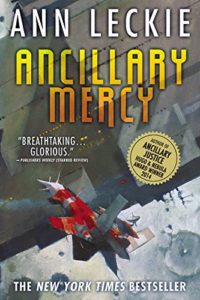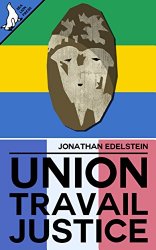It’s nomination season again, and this year is an exciting one, because it’s the first in which I’m eligible to nominate for the Nebulas as well as the Hugos. Nevertheless, my nominations this year will be narrower than the last two: I’m planning to nominate in the short fiction categories only. Short fiction is what I write, so I feel more qualified to judge it than to judge novels, and I also didn’t have much time for book reading last year. Many SFF novels were published in 2016 and I have little doubt that some of them are great, but I haven’t had a chance to read enough of them to weigh the field.
I’ll start with novelettes rather than short stories, because that way I can start with my favorite story of 2016: Polyglossia by Tamara Vardomskaya (GigaNotoSaurus, March 2016). GigaNotoSaurus doesn’t usually get much attention from reviewers and critics, but this is a rich, multi-layered story that is well deserving of an award.
Polyglossia is a story of linguistics, cultural survival, family and resistance to oppression – not necessarily in that order – set in a low-magic fantasy world that suggests the early twentieth century. I’ve mentioned before that I’m a fan of good world-building, and the world of this story is intricately detailed and plausible; more than that, the world-building is integrated into the plot and informs the characters’ actions such that no detail is wasted. The linguistics are also tightly integrated into the plot – the author is a Ph.D. candidate in linguistics with an interest in the philosophy of language, and it shows – and the politics of language and cultural preservation come to play a key part in its resolution. At the same time, the story calls into question what we call family, what duties we owe to our ancestors, and how to balance those duties against the exigencies of politics. Polyglossia is rewarding on several levels – thus far, I’ve never failed to get something new out of it with each rereading – and if I had to pick one story that defined speculative fiction for me in 2016, it would be this one.
Second on my novelette list is The Dancer on the Stairs by Sarah Tolmie (Strange Horizons, November 2016), the story of a woman from our world who is swept into another and who must learn to navigate and ultimately preserve its society. I hadn’t expected to like this story – tales of mannered societies usually leave me cold, and the palace world within The Dancer is exquisitely mannered – but here, the reasons underlying the manners and the way in which they shape the protagonist’s life are absorbing, and her slow process of learning, adjusting and ultimately realizing her role in that world are both fascinating and emotionally affecting. Again, my taste for world-building, and the intricate way in which the details of this story unfurl, made it one of my favorites of the year.
Rounding out my novelette short list are A Dead Djinn in Cairo by P. Djeli Clark (Tor, May 2016) and Sooner or Later Everything Falls Into the Sea by Sarah Pinsker (Lightspeed, Feb. 2016). The former is a lush, beautifully written mystery set in an early twentieth-century Egypt in which supernatural creatures have helped to throw off the colonial yoke but are dangerous in themselves; the latter, a story of music and discovery (recurring themes of Pinsker’s) set amid a post-apocalyptic landscape and seasoned with longing for companionship.
Turning to short stories, my favorite of the year and the first on my nomination list is And Then, One Day, The Air was Full of Voices by Margaret Ronald (Clarkesworld, June 2016). In the near future, Earth has received signals from an advanced and accomplished alien civilization… which then slowly fade, and we realize that the civilization died many years ago and that the records of its decline and death are only now reaching us. The breadth of time and space between Earth and the alien world means that we can do nothing to prevent their demise, and the story is about the spiritual effect that this realization has on humanity. The story is heartbreakingly human, the narration lyrical, and the resolution satisfying to the soul.
Touch Me All Over by Betsy James (F&SF, January-February 2016) is second: the story of a young woman exiled by a magical curse who must learn to turn it into a blessing. This story has been told before, but the way James tells it is intimate, lyrical, and emotionally affecting, and the story is told with a visual richness and an eye for small detail that takes it well above its subject matter.
Life in Stone, Glass and Plastic by Jose Pablo Iriarte (Strange Horizons, June 2016) is a story of memory: how it can be both painful and healing, and how what is lost might be regained at least temporarily. This is another intimate and compassionate story, dealing with dementia on the one hand and horror on the other: the trauma of memory and the trauma of its loss. This isn’t a lyrical story like James’, but it is a forceful one: its dialogue and description are contemporary, gritty and powerful, and its imagery is lasting.
Between Dragons and Their Wrath by An Owomoyela and Rachel Swirsky (Clarkesworld, February 2016) is an allegory of contemporary West Africa in which a refugee child earns a meager living by harvesting dragon scales, dreams of a better life in the capital city, and is both grateful and resentful toward the foreigners who provide aid. This returns to the lyrical style of storytelling, of which both Owomoyela and Swirsky are masters, and it tells of a haunting that is all too literal in much of the world. And Laws of Night and Silk by Seth Dickinson (Beneath Ceaseless Skies, May 2016) is another lyrical and powerful story of the child of a fair-folk race who is stunted so she can be used as a weapon, and the effect of her awakening on her caretaker and ultimately her society.
Finally, my nominations will include three novellas, all from Tor and all, to some extent, out of character for me to like. Runtime by S.B. Divya (Tor, May 2016) is a cyberpunk story – a genre I usually hate – but Divya gives it humanity through the striving of the protagonist, the tense excitement of a cross-country race, and a satisfying conclusion. The Cthulhu mythos also usually leaves me cold, but The Ballad of Black Tom by Victor LaValle (Tor, February 2016), set in 1920s Harlem, is a fortunate exception – the storytelling is a blend of Lovecraft and the Harlem Renaissance, and the irony of a black protagonist in that particular world isn’t lost on either author or reader. And A Taste of Honey by Kai Ashante Wilson (Tor, October 2016) is a high fantasy that begins in a royal court – yet another thing that’s usually a turnoff for me – but which is set in a rich African-based world (something I’m a sucker for) and turns into a powerfully told romance. Again, I’m a fan of world-building, and this is what all three novellas on my list have in common: each of them will transport you as they did me.
Hopefully this year, I’ll have time to read a few novels between my writing, my day job and all that’s going on in the world. But 2016 has still been immensely rewarding and inspirational – we’re living in a golden age of short SFF fiction, and some of the best of it was on display throughout the year – and with stories like those above, I have no regrets about my year in reading.
